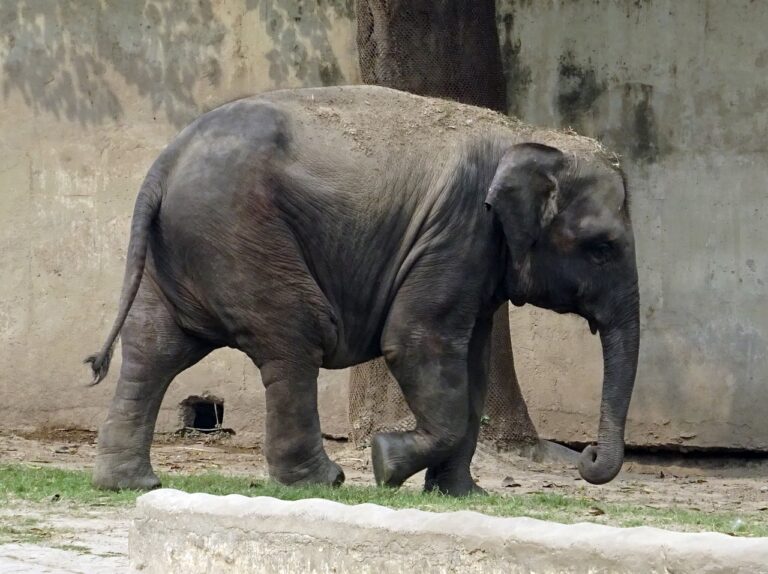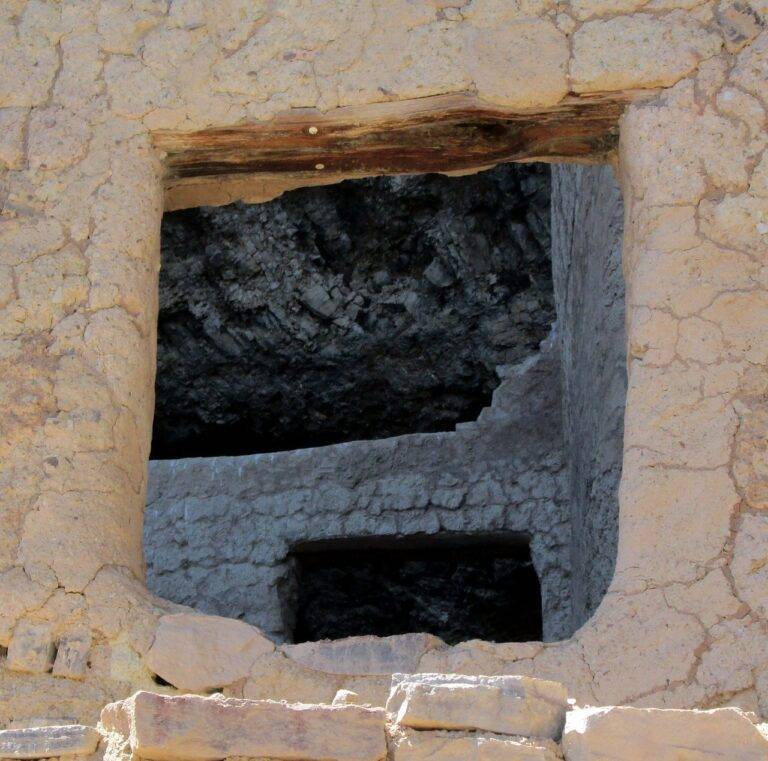The Intersection of Race and Politics in Election Discourse
The intertwining of race and politics in election discourse is a longstanding phenomenon in American history. From the early days of this nation, issues surrounding race have played a significant role in shaping political debates and influencing electoral outcomes. The legacy of slavery, Jim Crow laws, and the civil rights movement have all left indelible marks on the intersection of race and politics in the United States.
Throughout history, racial divisions have been exploited by political leaders to both unify their base and divide their opponents. Whether through coded language, discriminatory policies, or overt appeals to racial animus, politicians have often leveraged racial tensions to gain electoral advantage. These tactics have engendered deep-seated divisions within the electorate and have perpetuated systemic inequalities that continue to plague the political landscape.
• Race and politics have been intertwined in American history for centuries
• Issues surrounding race have shaped political debates and influenced electoral outcomes
• Legacy of slavery, Jim Crow laws, and civil rights movement have impacted race and politics intersection
Throughout history, racial divisions have been exploited by political leaders to both unify their base and divide their opponents. Whether through coded language, discriminatory policies, or overt appeals to racial animus, politicians have often leveraged racial tensions to gain electoral advantage. These tactics have engendered deep-seated divisions within the electorate and perpetuated systemic inequalities that continue to plague the political landscape.
The historical context of race and politics in election discourse highlights the complex relationship between identity, power, and representation in American democracy. By understanding how race has been used as a tool for both inclusion and exclusion in political campaigns, we can begin to unravel the ways in which our current electoral system continues to be shaped by these historical forces.
Media Influence on Public Perception of Race and Politics
The media plays a significant role in shaping public perception of race and politics. Through various platforms such as television, newspapers, and social media, the media has the power to influence how individuals view political candidates and issues based on their racial identities. The way in which news stories are framed, the language used in reporting, and the selection of images all contribute to how race and politics are portrayed to the public.
Moreover, the media’s portrayal of race and politics can impact voter attitudes and behaviors. Studies have shown that the way in which the media covers political issues related to race can influence how individuals perceive candidates and their policies. Biases in media coverage can perpetuate stereotypes and fuel discriminatory attitudes, ultimately shaping public opinion and voting decisions.
Impact of Racial Bias on Political Campaigns
Racial bias has long been a pervasive issue in political campaigns, influencing the way candidates are perceived and the strategies they employ. From subtle stereotypes to overt discriminatory practices, race plays a significant role in shaping the narratives and outcomes of elections. The impact of racial bias can be seen in how certain communities are targeted with divisive messaging, perpetuating harmful stereotypes and reinforcing existing power dynamics.
Moreover, racial bias in political campaigns can also manifest through the dissemination of misinformation and the manipulation of public opinion. By leveraging people’s preconceived notions and prejudices, candidates may seek to gain an edge over their opponents, ultimately polarizing communities and fostering a climate of distrust. These tactics not only undermine the democratic process but also have lasting repercussions on the social fabric of society.
How has race historically played a role in politics and election discourse?
Race has long been intertwined with politics in the United States, with issues of racial discrimination and inequality shaping election discourse and voter attitudes.
How does the media influence public perception of race and politics?
The media plays a significant role in shaping public perception of race and politics through their coverage of candidates, issues, and events related to race.
What are some of the impacts of racial bias on political campaigns?
Racial bias can lead to discriminatory practices, unequal treatment of candidates, and influence voter behavior, ultimately affecting the outcome of political campaigns.







